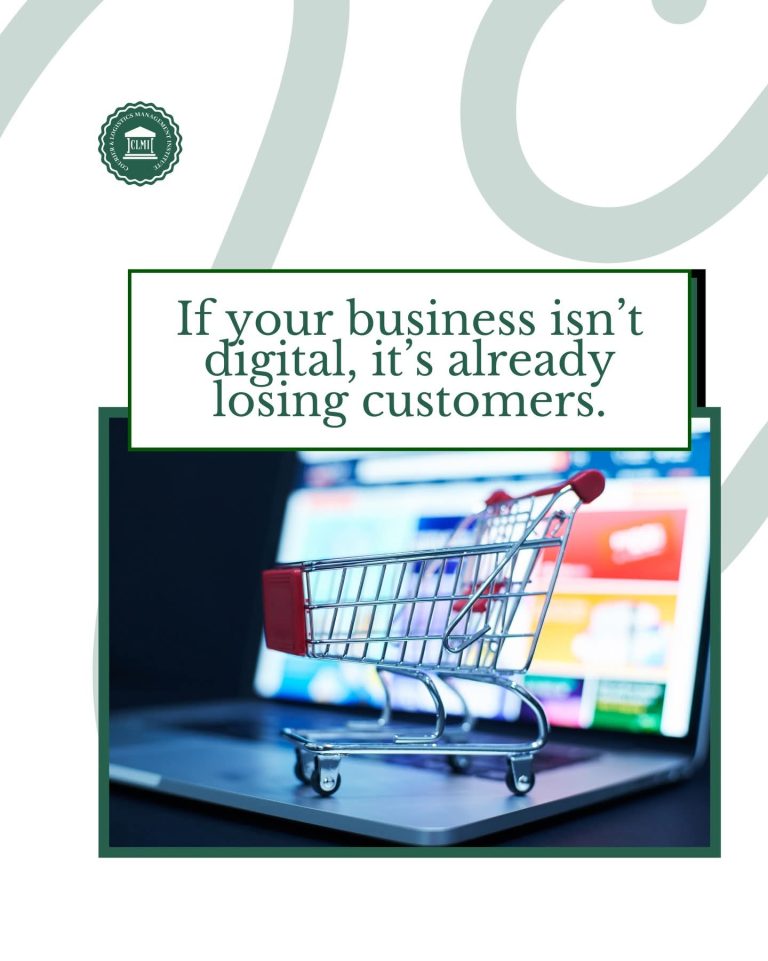

The Unsung Symphony: Why Logistics is the Backbone of Every Industry
Imagine a bustling orchestra. Each instrument, from the delicate flute to the booming timpani, plays a crucial role in creating a harmonious symphony. Now, imagine this orchestra without a conductor, or without the sheet music meticulously arranged. Chaos ensues, right? That’s what industries would look like without logistics – a symphony of disjointed parts, unable to create anything meaningful.
We often think of industries in terms of their tangible outputs: the sleek smartphone, the delicious pastry, the towering skyscraper. But behind every finished product, every delivered service, lies a complex and intricate web of logistics. It’s the silent, often invisible, force that ensures the right things get to the right place, at the right time, in the right condition, and at the right cost. It’s the lifeblood, the nervous system, the very backbone of every industry.
Let’s break it down.
1. The Raw Material Maestro:
Every product begins with raw materials. Logistics orchestrates their journey from the iron ore that becomes steel to the coffee beans that fuel our mornings. Mining companies extract minerals, farmers harvest crops, and forests yield timber. But these raw materials are rarely located where they’re needed for processing or manufacturing. This is where logistics steps in, managing the transportation, storage, and handling of these materials.
2. The Manufacturing Choreographer:
Once raw materials arrive, they enter the manufacturing process. But even within the factory, logistics plays a vital role. Internal logistics, often overlooked, manages the movement of materials, components, and finished goods within the facility. Efficient warehouse management, optimized production flow, and timely delivery of parts to assembly lines are all critical aspects of this internal choreography.
Imagine a pharmaceutical company producing life-saving medications. They require precise control over temperature, humidity, and handling during every production stage. Logistics ensures these stringent requirements are met, safeguarding the quality and efficacy of the final product.
The finished product is ready. Now, it needs to reach the consumer. This is where distribution logistics takes center stage. From warehouses to retail stores, from e-commerce fulfillment centers to customer doorsteps, logistics orchestrates the movement of goods.
E-commerce has further amplified the importance of distribution logistics. Customers expect fast and reliable delivery, often within hours. Logistics companies are constantly innovating to meet these demands, utilizing advanced technologies like drone delivery, automated warehouses, and AI-powered route optimization.
4. The Supply Chain Symphony:
Logistics is not just about moving things; it’s about managing the entire supply chain. This involves coordinating activities across multiple organizations, from suppliers and manufacturers to distributors and retailers. Effective supply chain management requires seamless communication, collaboration, and information sharing.
Consider the global supply chain of a multinational electronics company. They rely on a network of suppliers, manufacturers, and distributors spread across the globe. Logistics ensures these diverse entities work together harmoniously, minimizing delays and disruptions.
5. The Economic Engine:
Logistics is a significant driver of economic growth. Efficient logistics systems reduce costs, improve productivity, and enhance competitiveness. They facilitate trade, connect markets, and create jobs.
Think of the impact of improved port infrastructure on a country’s economy. Faster and more efficient port operations reduce shipping costs, attract foreign investment, and boost exports. Logistics is the enabler of globalization.
6. The Resilience Factor:
In today’s volatile world, logistics plays a crucial role in ensuring resilience. Natural disasters, pandemics, and geopolitical events can disrupt supply chains, causing widespread shortages and economic hardship. Robust logistics systems can mitigate these disruptions by providing alternative routes, stockpiling essential goods, and utilizing flexible transportation options.
The COVID-19 pandemic highlighted the importance of resilient supply chains. Logistics companies adapted quickly to the changing landscape, utilizing digital technologies and innovative solutions to keep essential goods flowing.
7. The Technological Transformation:
Logistics is undergoing a rapid technological transformation. Automation, artificial intelligence, and the Internet of Things are revolutionizing the industry. From self-driving trucks to smart warehouses, technology is making logistics more efficient, reliable, and sustainable.
Think of the potential of blockchain technology to enhance supply chain transparency. It can track the movement of goods from origin to destination, ensuring authenticity and preventing counterfeiting.
8. The Sustainability Imperative:
As the world grapples with climate change, logistics is playing a crucial role in promoting sustainability. Companies are adopting eco-friendly transportation modes, reducing packaging waste, and optimizing delivery routes to minimize carbon emissions.
Think of the shift towards electric vehicles in the last-mile delivery sector. Logistics companies are investing in electric fleets to reduce their environmental impact.
In conclusion, logistics is far more than just moving boxes. It’s a complex and dynamic system that underpins every aspect of modern industry. It’s the silent conductor, the meticulous arranger, the tireless worker that ensures the symphony of commerce plays on. Without it, our world would grind to a halt. Recognizing its critical role is not just about understanding supply chains; it’s about acknowledging the intricate, interconnected nature of our globalized economy. As technology advances and the world becomes increasingly interconnected, the importance of logistics will only continue to grow, solidifying its position as the indispensable backbone of every industry.
Categories
Tags
You May Also Like
-
-
January 23, 2026
-
-
January 19, 2026
-
-
December 4, 2025



